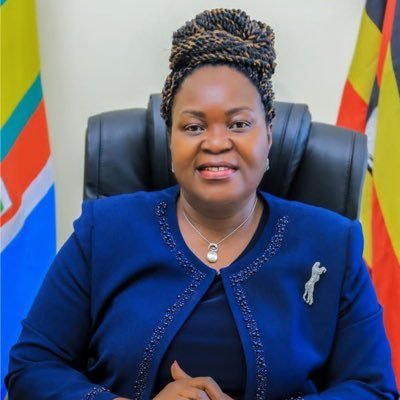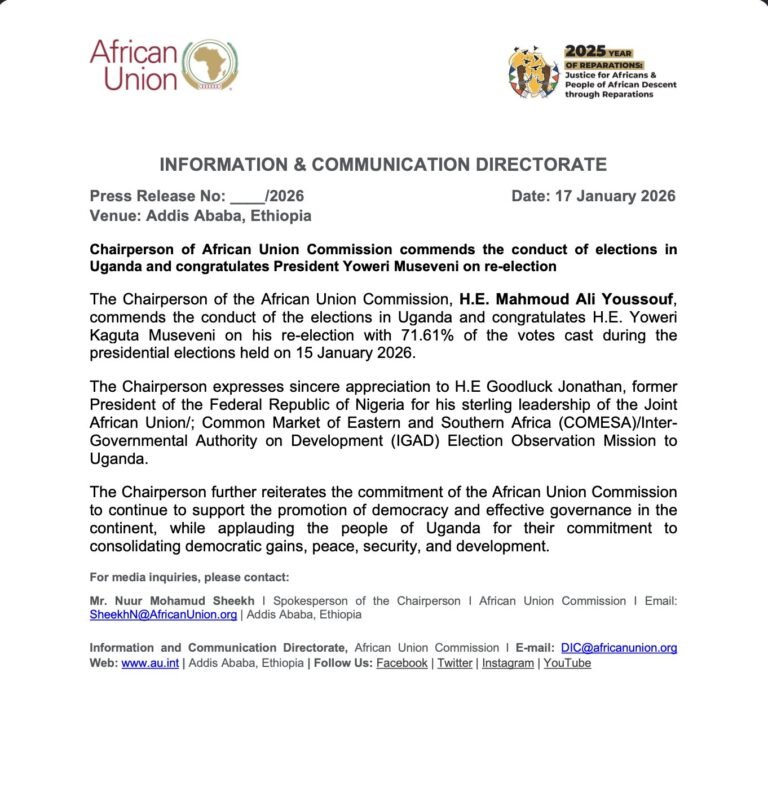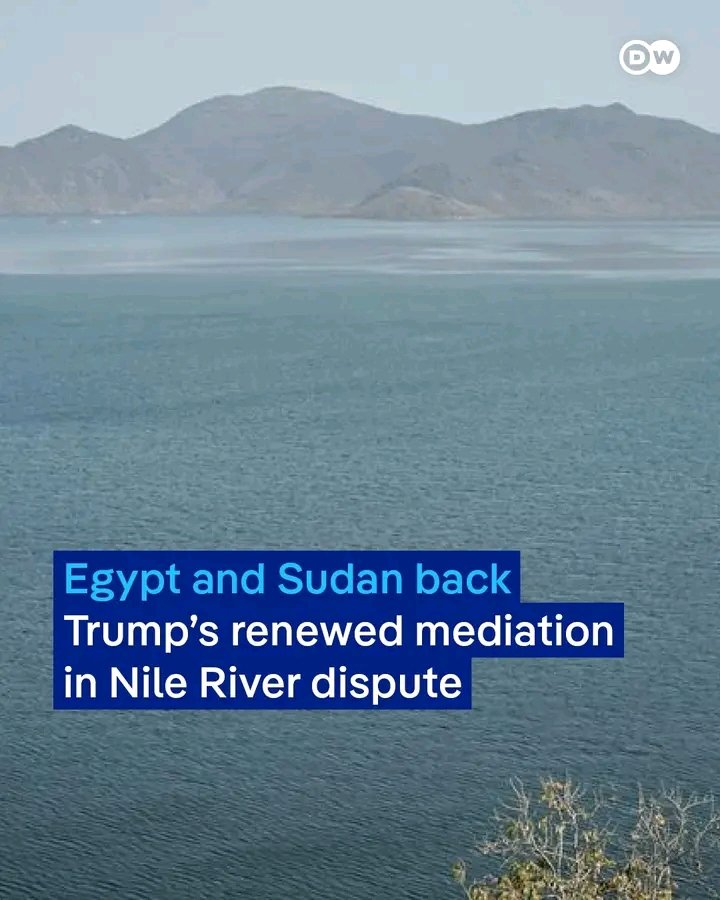
Gov’t Officials Clap Back at Bobi Wine’s “Laughable” Oil Revenue Claims
October 23, 2025 | Kampala, Uganda – A war of words has erupted over Uganda’s oil revenue sharing model, with senior government officials dismissing recent criticisms from opposition leader Robert Kyagulanyi, popularly known as Bobi Wine, as “laughable” and misinformed.
The exchange began when Presidential Assistant Faruk Kirunda took to social media platform X to rebut claims made by the National Unity Platform (NUP) presidential candidate during his campaign tour in the Bunyoro region.
“The @NUPUg Presidential candidate, @HEBobiwine’s claims about the oil economy while in Bunyoro are laughable,” Kirunda stated. He asserted that the sharing of oil revenues is strictly “guided by law,” specifically referencing the Production Sharing Agreement (PSA) which dictates the shares for the government and its development partners.
Kirunda defended the government’s record, listing the Kabaale International Airport, oil roads, and a modern stadium as tangible benefits already delivered to the Bunyoro region. He credited President Yoweri Museveni with safeguarding the nation’s oil resources, claiming that without his leadership, “international cabals working with local rogue politicians and dealers” would have left Uganda with nothing.
His post was promptly supported by Ruth Nankabirwa Ssentamu, the Minister of Energy and Mineral Development, who provided a detailed breakdown of the revenue distribution to lend technical weight to the rebuttal.
“Indeed laughable. Government take is 60-65% of the net proceeds from a barrel (after paying all costs),” Minister Nankabirwa clarified.
She outlined that the government’s share comprises:
· A royalty of 10-12% of a barrel, equating to 24% of the total government take.
· Profit Oil
· Income Taxes
· Uganda National Oil Company’s (UNOC) profit oil and cost oil.
Crucially, she noted that local governments are allocated “1.5% of the total government take,” a direct response to concerns about host communities not benefiting.
The officials’ coordinated posts present a unified front, framing the current administration as the guardian of Uganda’s resources against both external exploitation and what they characterize as populist misinformation from the opposition. The exchange highlights oil revenues as a central and contentious issue as the country moves closer to production and the political landscape heats up.
As of publishing time, Bobi Wine had not publicly responded to the officials’ detailed financial rebuttal.






